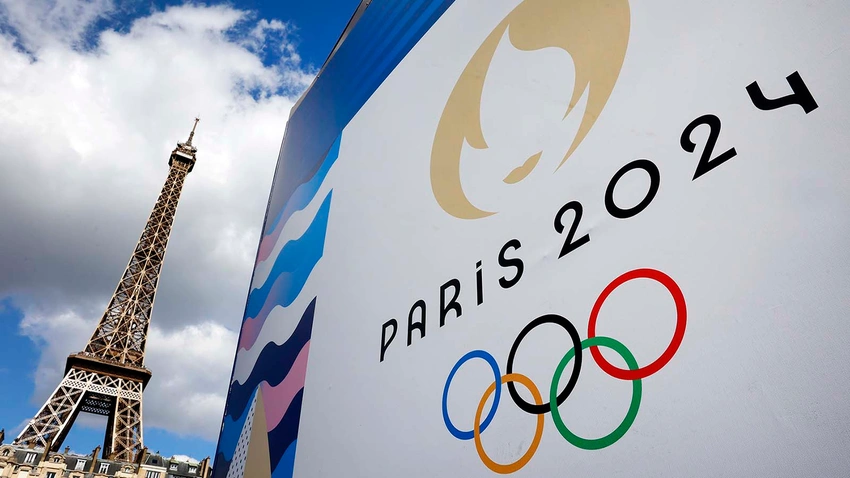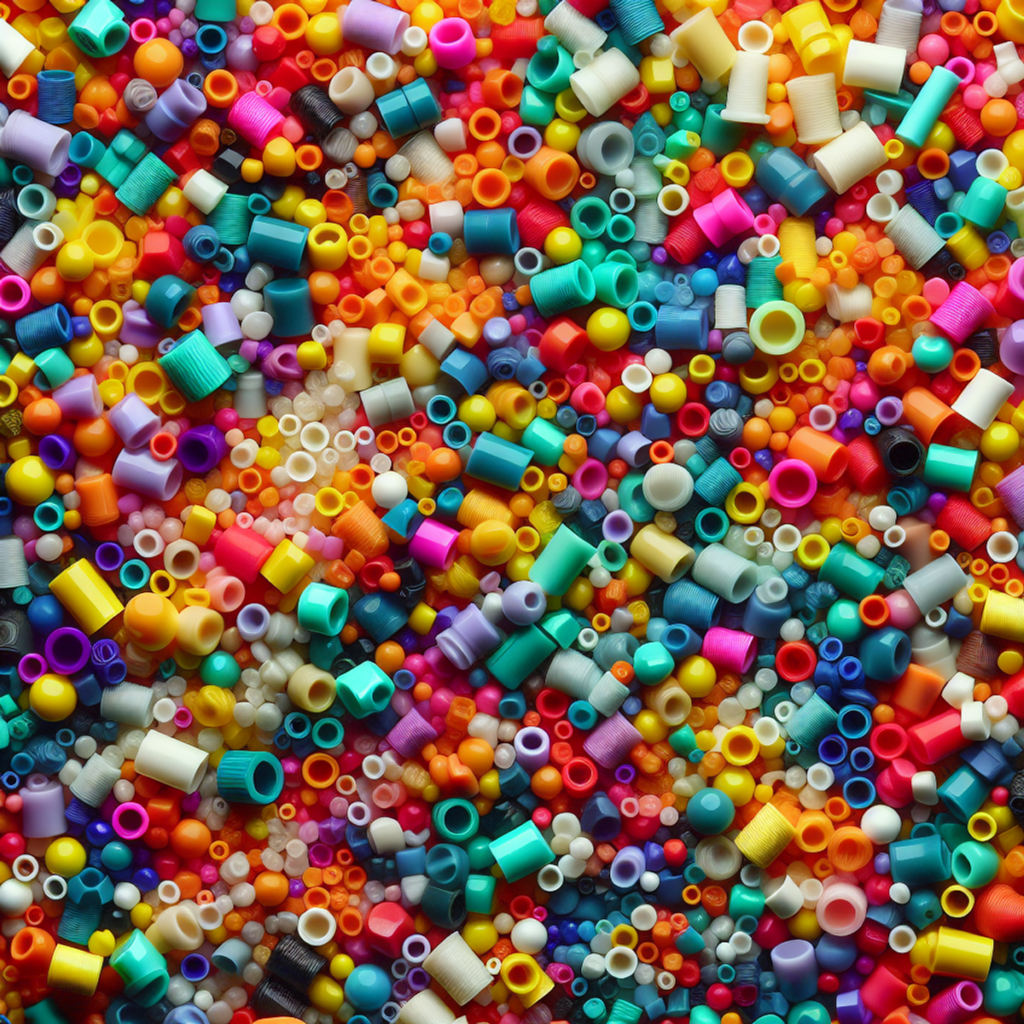If you’re planning a trip to Paris for the Summer Olympics, think twice about your packing list—especially when it comes to plastic water bottles. Paris, while undeniably one of the most captivating cities globally, is infamous for its crowds and steep prices, which can make visiting during the Olympics a rather daunting affair. But if you’re set on braving the bustling crowds and paying premium rates for a hotel room the size of a shoebox, be sure to leave your single-use plastics behind.
Mayor Anne Hidalgo has declared a ban on single-use plastics at the Olympic Games. At a press conference in May 2023, as reported by ESPN, she stated, “We aim to make the Olympics the first major event free of single-use plastics.” This means that attendees carrying plastic bottles will not be allowed into the venues. Coca-Cola, one of the event’s sponsors, will be distributing drinks in reusable glass bottles and installing 700 soda and water dispensers throughout the spectator areas and the athletes’ village. All refreshments will only be served in reusable cups.
According to a recent article in the French newspaper Le Monde, Coca-Cola and the Olympic committee have a fallback plan: if installing water dispensers isn’t feasible due to operational conditions, they will use recycled plastic bottles. This adjustment aims to ensure that there’s no lack of refreshment options, even if the original plans encounter logistical hurdles.
The scale of the change is considerable, with an estimated 18 million drinks to be distributed during the event. “The goal is to provide about 18 million beverages to athletes and invited guests, with half of them being free,” Le Monde reports. However, it’s worth noting that nearly half of these beverages will be packaged in plastic bottles. French environmental groups, having obtained a leaked confidential memo (confirmed by Le Monde), revealed that three-quarters of the 9 million beverages will be in plastic bottles, though they are labeled as environmentally friendly cups. Accusations of “greenwashing” have emerged. Coca-Cola and the organizing committee responded to Le Monde, clarifying that the plastic bottles will be made from recycled PET and will not be distributed to spectators but will instead be collected and recycled directly at the source.
Despite the significant efforts to minimize plastic use, there are notable exceptions to the single-use bottle ban. According to Le Monde, sealed single-use bottles will still be allowed in competitions and training sessions. This is to prevent “doping sabotage,” a scenario where tampering with athletes’ drinks could disqualify them from competition. This measure, endorsed by Olympic committees from the U.S., UK, South Africa, and Australia, aims to maintain the integrity of the competitions.
In an unrelated yet intriguing note, this situation also brings to mind Russia’s participation status. This year, Russian athletes are allowed to compete but only as neutral participants, without their national flag, anthem, or emblems. This neutral status means they are expected to refrain from any dubious tactics, ensuring fair play remains a priority at the games.






